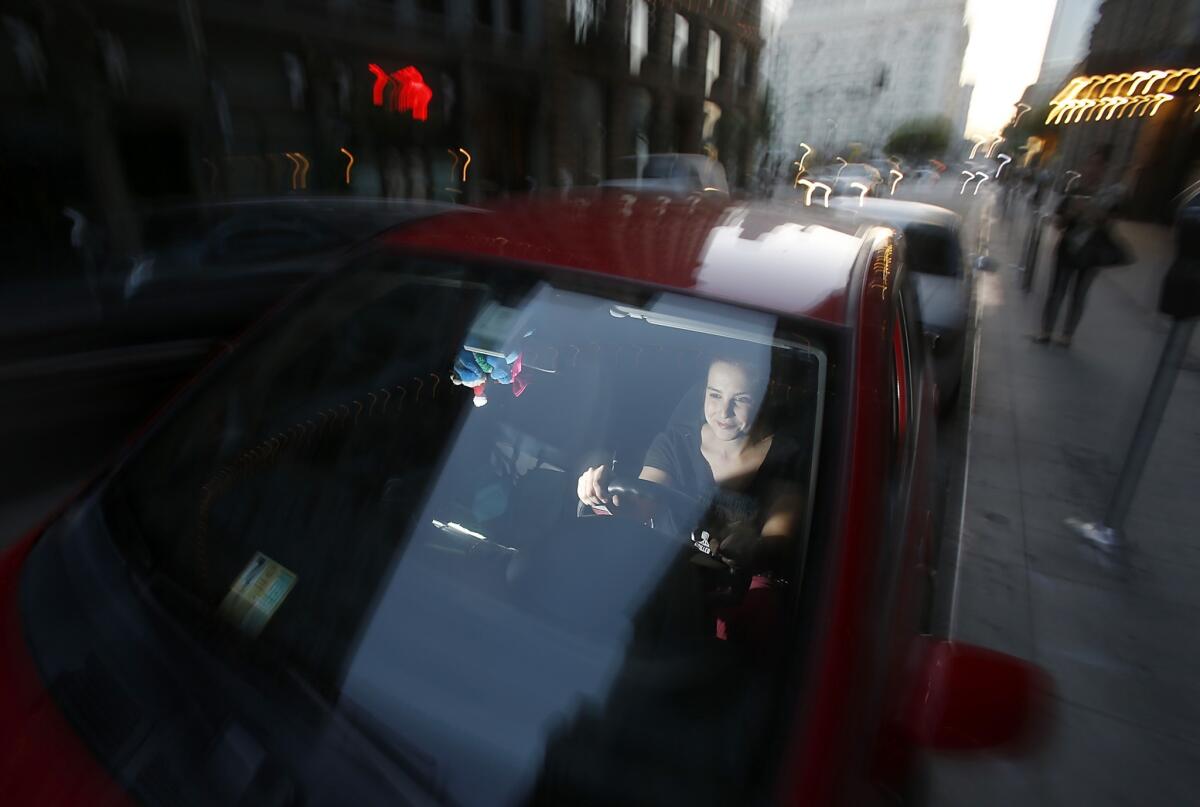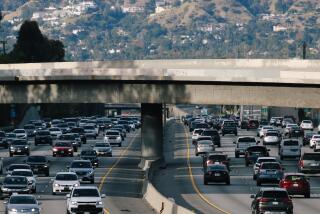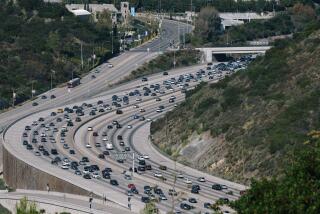Ride-sharing firms shift into overdrive to kill insurance bill

Get ready for a traffic jam this week in the Capitol as ride-sharing rules lurk as a still unsettled issue in the last week of the legislative session.
The fight pits companies such as Uber and Lyft against insurers, taxicab firms and some consumer advocates.
At issue is how much and what kind of insurance should be required for ride-sharing drivers in case of an accident.
The Public Utilities Commission regulates ride-sharing and is working on an insurance proposal. But lawmakers and lobbyists are divided on whether even tougher commercial insurance protection is needed for passengers, pedestrians, drivers and other vehicles.
Sacramento’s powerful insurance lobby enlisted Assemblywoman Susan Bonilla (D-Concord) to author a bill that would boost the dollar amount of coverage required by the state and prohibit drivers from using personal policies instead of commercial ones when carrying fare-paying passengers.
“The real point of the bill is to say that personal insurance policies should not be bearing the cost for this business model,” she said. “It should be the company that pays.”
Uber, Lyft and their Silicon Valley and high-tech allies are fighting back. They’ve hired seven lobbying and public relations firms to wage a rear-guard action to kill Bonilla’s measure, AB 2293, which cleared the Assembly in June on a unanimous vote.
The bill has since moved to the Senate floor, where a showdown is imminent. Meanwhile, Uber launched a website with an online petition and even blanketed Bonilla’s district with mailers. Her bill, the mailers said, is “anti-tech” and “anti-consumer choice.”
“It’s worrisome that the ride-sharing legislation ... appears to go from bad to worse,” said Robert Callahan, California executive director for the Internet Assn., a coalition of tech firms that support ride-sharing. Killing the bill, he said, “is an opportunity for the Senate to show leadership.”
Safety lapses
California’s worker safety agency, known as Cal/OSHA, is understaffed and “challenged to fulfill its important mission,” says the agency’s latest annual evaluation from the U.S. Department of Labor.
A lack of personnel causes delays in completing investigations and issuing citations, the report said, and inspection totals and violation rates are below federal averages. The Labor Department is authorized to restrict funding to California if Cal/OSHA’s performance doesn’t improve.
“Today, Cal/OSHA is an agency completely adrift,” said Jeff Ruch, executive director of Public Employees for Environmental Responsibility, an activist group that filed a complaint this year.
In response, the administration of Gov. Jerry Brown said it’s bolstering staffing and focusing “on the most critical health and safety issues.”
Christine Baker, the head of Brown’s Department of Industrial Relations, noted that the federal report mainly cited “easily resolvable technical, administrative matters” that don’t affect the health and safety of workers.
Twitter: @MarcLifsher







